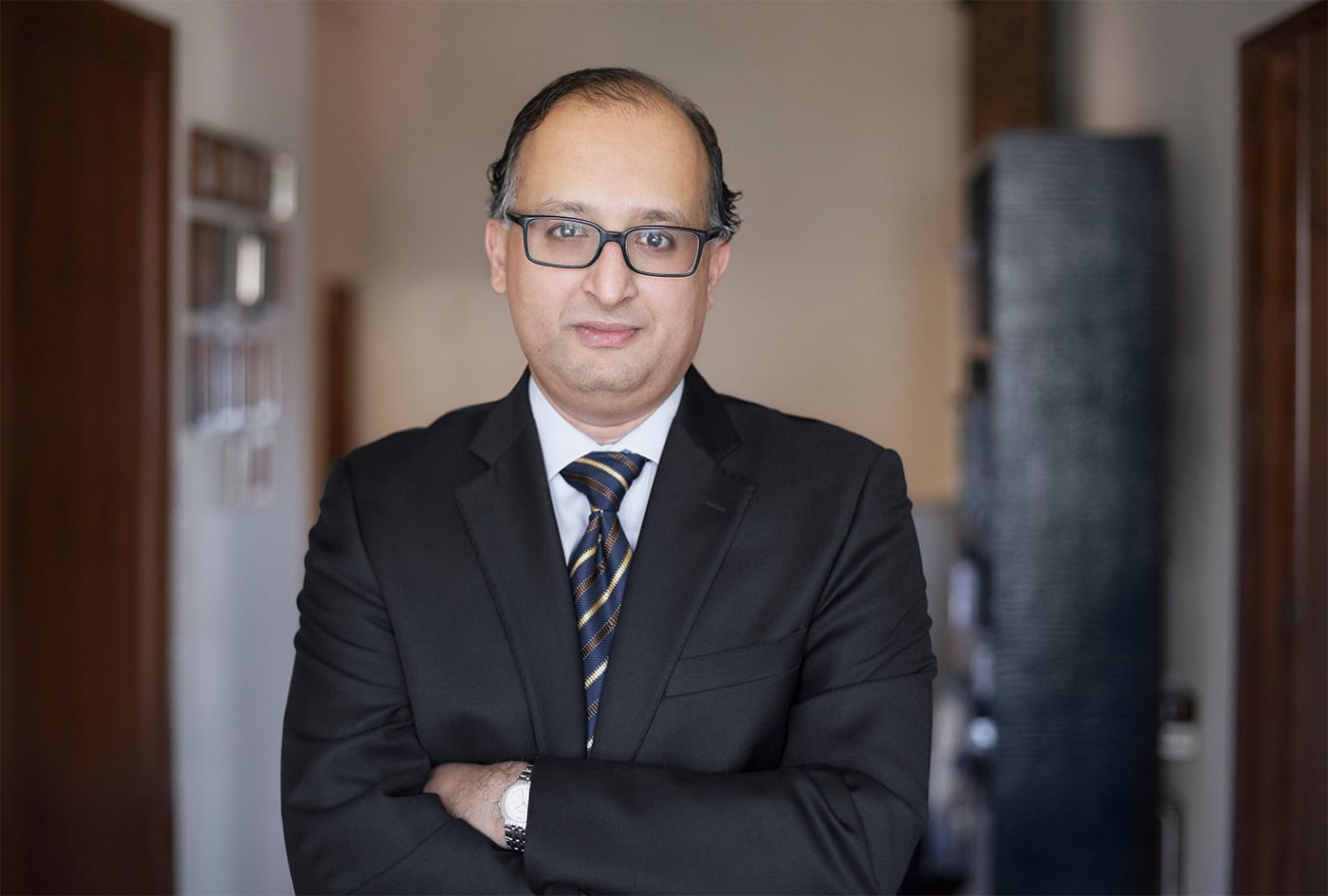—Richard Albert, Boston College Law School
“Five Questions with … ” is a brand new feature at I-CONnect. We will periodically invite a public law scholar to answer five questions about his or her research.
This edition features Sujit Choudhry, currently a member of the executive committee of the International Society of Public Law. His full bio follows below:
Sujit Choudhry, the I. Michael Heyman Professor of Law at the University of California, Berkeley – School of Law, is an internationally recognized authority on comparative constitutional law and politics, who combines a wide-ranging research agenda with in-depth field experience as an advisor to constitution building processes, including in Egypt, Jordan, Libya, Nepal, South Africa, Sri Lanka, Tunisia and Ukraine. He has lectured or spoken in over two dozen countries.
Professor Choudhry is the Founding Director of the Center for Constitutional Transitions, which generates and mobilizes knowledge in support of constitution building by assembling and leading international networks of experts to complete thematic research projects that offer evidence-based policy options to practitioners. It partners with a global network of multilateral organizations, think tanks, NGOs, and universities.

1. Tell us about something you are working on right now.
I am completing three large thematic, collaborative research projects in partnership with International IDEA: “Territorial Cleavages in Constitutional Transitions”, “Security Sector Reform and Constitutional Transitions in Emerging Democracies”, and “Security Sector Oversight: Protecting Democratic Consolidation from Authoritarian Backsliding and Partisan Abuse”.
2. How and when do you write? Do you have a routine or do you write whenever and wherever you find the time?
I write when our kids let me do so, which means during normal business hours, and rarely in the evenings or on the weekends anymore.
3. Whose scholarship jumps to the top of your reading list when she or he publishes something new?
I read in comparative politics as well as comparative constitutional law, because much of my work tries to bridge the two fields. Steve Levitsky, Lucan Way, and Andreas Wimmer are on my must read list these days.
4. Is there an article or book that influenced you as a student and that continues today to be an important reference point for you?
Ely’s Democracy and Distrust for its integration of political theory and constitutional doctrine; Alexander Bickel’s The Least Dangerous Branch for its account of strategic judicial decisional avoidance that knits together a range of disparate doctrines; Hart’s Concept of Law for its account of the internal point of view; Dworkin’s “Hard Cases” for its description of the phenomenology of common law adjudication (although I associate myself with Fred Schauer’s criticisms of Dworkin).
5. What are some of the big questions ripe for inquiry in your area of research interest?
Constitutional design, process and interpretation in the context of constitutional transitions of various kinds. Some projects I have in the pipeline under this general theme include what we can learn from the breakdown of liberal democracy in Europe in the 1930’s for contemporary debates about democratic deconsolidation and what constitutional design can do (if anything); how to hybridize elite and popular constitution-making in post-authoritarian and post-conflict constitutional transitions; proportionality analysis by constitutional courts in post-authoritarian democracies; how to blend integrationist and accommodationist approaches to constitutional design in ethnically divided societies; the tradeoff between transitional justice and negotiated transitions to democratic rule.
BONUS Question
6. Do you have any advice to share with younger scholars in public law, say a doctoral candidate or a junior faculty member?
This is comparative constitutional law’s moment. We may be facing the greatest global challenge to liberal democratic constitutionalism since WWII. For those of us who live and work in the United States, but study the world, the myth of American exceptionalism has been punctured, and comparative experience has never been more important to mainstream legal and political analysis. The best scholarship will combine analytical rigor with political salience. Rise to the challenge.
Comments
One response to “Five Questions with Sujit Choudhry”
[…] system of this nation and gain in depth knowledge of how nation’s legal systems are organized. Sujit Choudhry would then use this knowledge to become a top educator in Canada. His next professional opportunity would come with […]